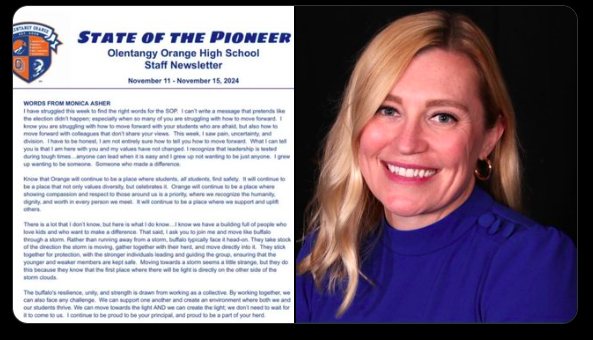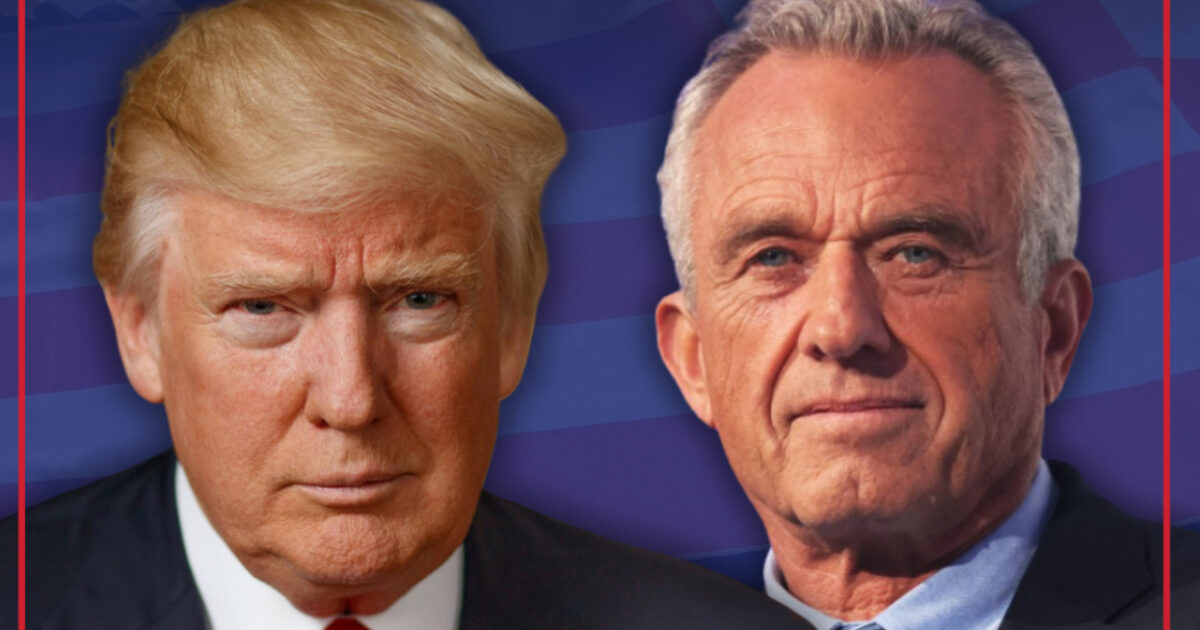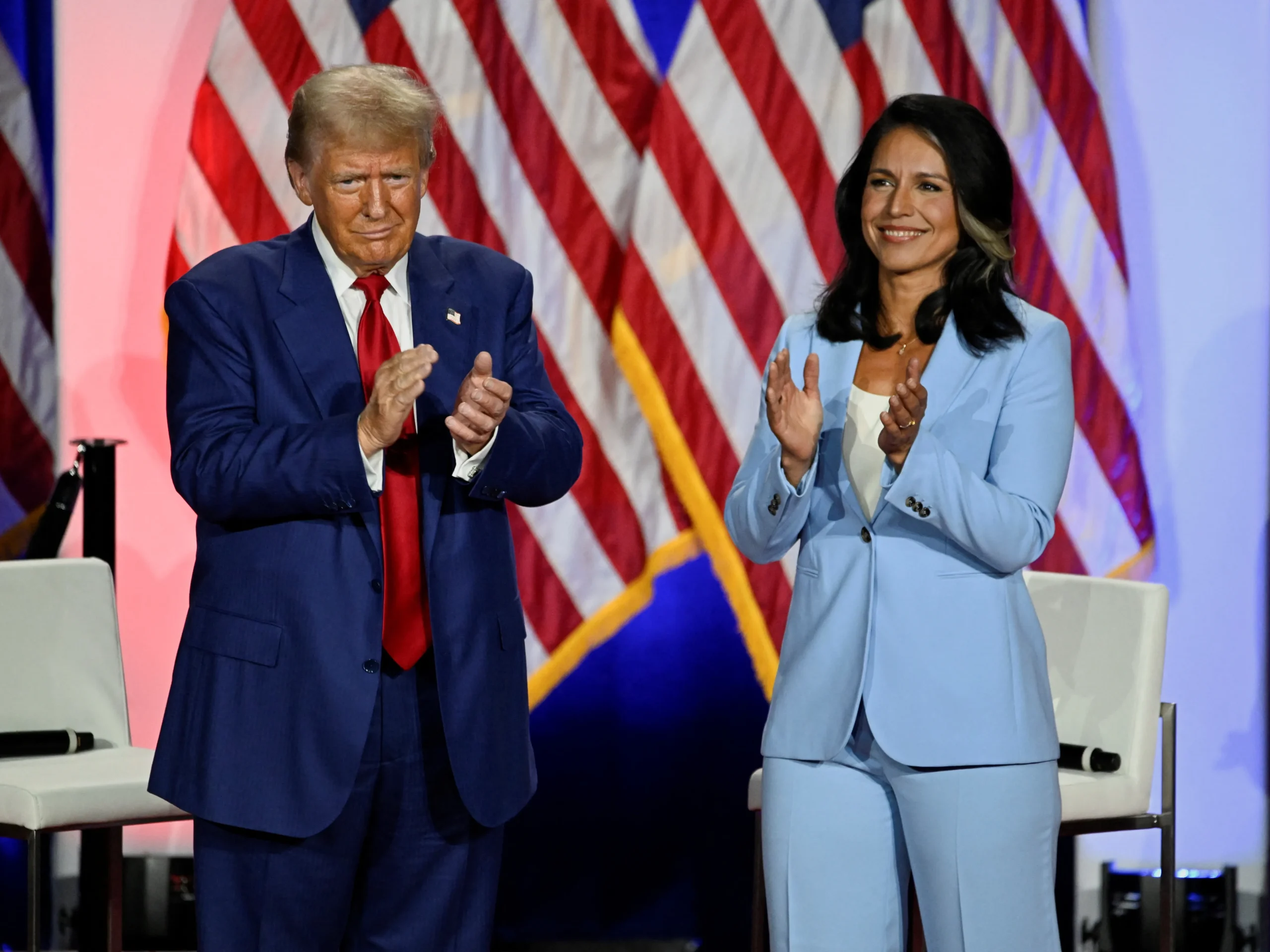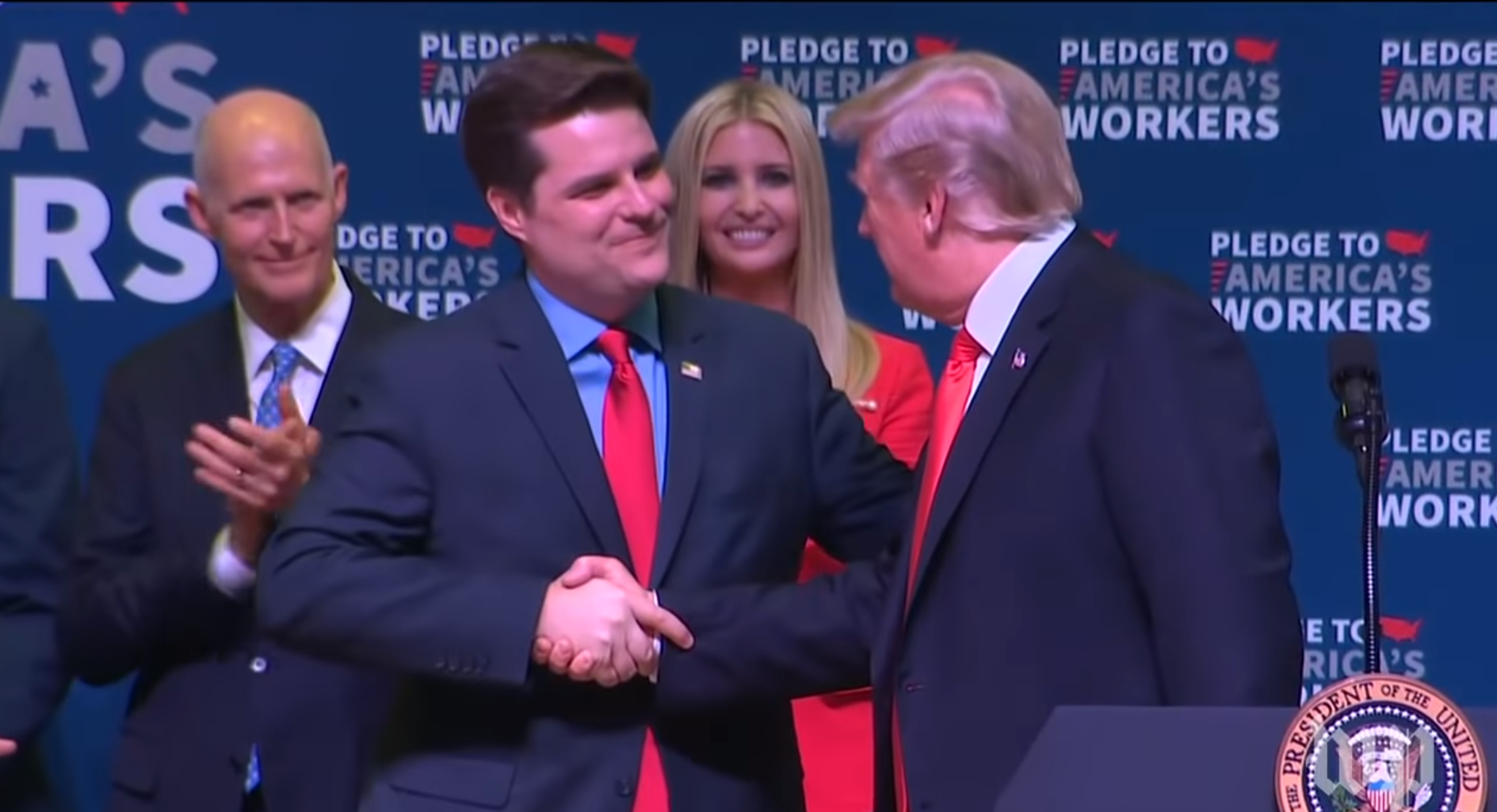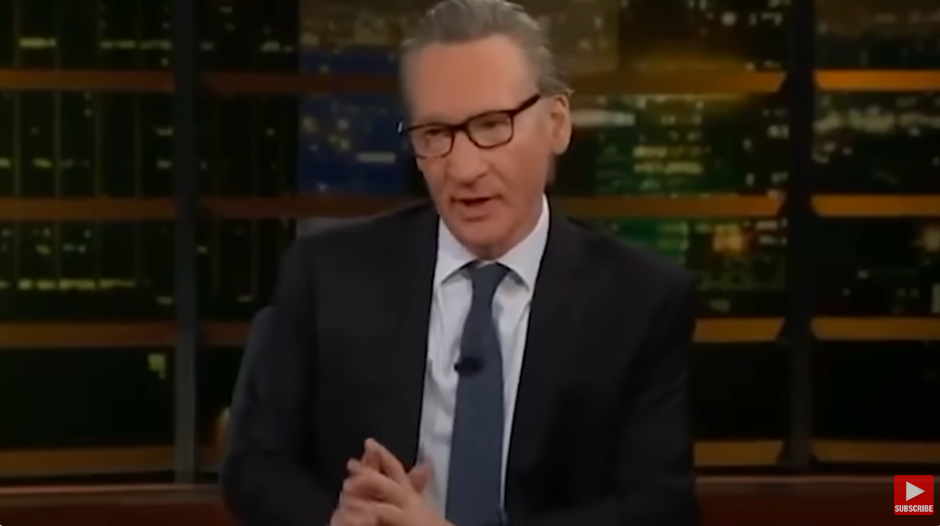In a situation that has left many parents and educators across the state deeply concerned, an Ohio high school principal has been placed on paid administrative leave following a message to her staff about the 2024 presidential election results.
The incident has stirred debates about political bias within educational institutions and what many see as an ideological divide between school administrators and their communities.
The principal of Olentangy Orange High School in Lewis Center, Ohio, Monica Asher, is under scrutiny after allegedly issuing a message that referenced the 2024 election in a way some say disparaged the outcome and may have insinuated dissatisfaction with Donald Trump’s win.
Asher’s message, shared after Trump’s victory in the latest election, raised immediate reactions from both parents and school officials, leading to her temporary leave.
🚨SCOOP: Monica Asher, the principal of Olentangy Orange High School in Ohio, grieved President-elect Trump's victory in a staff newsletter this week. Asher told employees that even though they are "struggling," they can "move towards the light." pic.twitter.com/DIdMg9DAlg
— Crisis in the Classroom (@CITClassroom) November 13, 2024
The exact content of Asher’s message has not been disclosed in full detail, but according to local media and school district representatives, it contained language perceived as critical of the election outcome, which many inferred to indicate support for the opposing candidate.
Though the principal’s statements were reportedly directed at staff members in an internal newsletter, the message quickly gained attention beyond the school walls, with parents and community members questioning the appropriateness of an educator sharing personal political beliefs in a professional setting.
A spokesperson from the Olentangy Local School District commented on the incident, noting that the district expects all staff members to “maintain neutrality on political matters while performing their professional responsibilities.”
Asher’s message was seen by some parents and district members as violating this standard, raising concerns that personal political bias was influencing school leadership. The district has not provided specific details of the principal’s statements, citing personnel privacy protocols, but confirmed that Asher’s actions warranted “a closer review.”
Trending: Top Immunity Support For The Times
Your immune system can be weakened by poor diet, lack of sleep, and countless other environmental factors. Explore how our products may help support your body’s natural defenses.
Political Messaging in Education Raises Concerns
The incident at Olentangy Orange High School highlights a growing concern among parents and community members about perceived political bias in educational settings. Across the country, parents have increasingly voiced apprehensions that schools, especially public institutions, are being used as vehicles for specific ideological viewpoints. The issue has particularly intensified in recent years as educators and administrators have sometimes openly expressed personal beliefs on topics that some parents feel should be addressed neutrally in schools.
“This is a high school. It’s a place to prepare our kids for college or the workforce, not to indoctrinate them politically,” a parent from Olentangy Orange High School reportedly commented. Several parents shared the sentiment that public schools should not reflect the political biases of their staff or administration, especially at a time when families are already divided on national issues.
Many on the conservative side see Asher’s message as indicative of a broader issue, arguing that the alleged bias toward one political perspective is becoming increasingly normalized in public education. Some argue that conservative voices, particularly in educational spaces, are being sidelined or even punished for expressing viewpoints that don’t align with what some perceive as a prevailing progressive narrative. They contend that public schools should strictly limit educators’ capacity to influence students or staff members politically.
District’s Response and the Broader Community Reaction
Asher’s paid leave has sparked further conversation within the Olentangy district and beyond, with residents debating whether this action sends an adequate message about maintaining political neutrality in schools. Olentangy Local School District’s handling of the situation has drawn both praise and criticism, as some parents commend the district for taking swift action while others feel it underscores a significant cultural divide within educational institutions.
Though the district has yet to determine any further disciplinary measures against Asher, district officials emphasized their commitment to creating a politically neutral educational environment. A district spokesperson stated, “We hold all staff to the highest professional standards and expect that they remain impartial on political issues during their interactions with students and fellow staff members.”
The incident has further fueled discussions on social media, with community members on both sides weighing in. Some have voiced concerns that actions like Asher’s feed into the narrative of educators overstepping their roles and inappropriately inserting personal beliefs into professional spaces. This belief resonates with conservative viewpoints that call for educational institutions to return to focusing on core subjects rather than social or political commentary.
Calls for Greater Accountability and Transparency
The controversy surrounding Asher’s message has led to calls from parents and community groups for greater accountability and transparency regarding the political conduct of educators. Many are questioning whether this case is an isolated incident or part of a larger trend where educators are permitted to convey political viewpoints. Such incidents, they argue, necessitate a review of policies that protect school neutrality in politically charged climates.
For now, Asher remains on paid leave, pending further investigation, while district officials examine the implications of her actions. As the community awaits a final decision, the case underscores the ongoing national conversation over the role of public educators in political discourse. Parents and community members alike are watching closely, eager to see whether this situation will ultimately reinforce the demand for political neutrality within educational institutions or highlight the need for clearer boundaries and policies to protect schools from becoming centers of ideological persuasion.
Ultimately, the outcome of this investigation may set a precedent in Ohio and potentially influence how similar situations are addressed across the nation. In an era of heightened political division, the question remains: Can schools truly maintain a neutral stance, or is ideological influence an inevitable part of the educational landscape today? For parents and students in Lewis Center, the answer is one that could have lasting implications.

